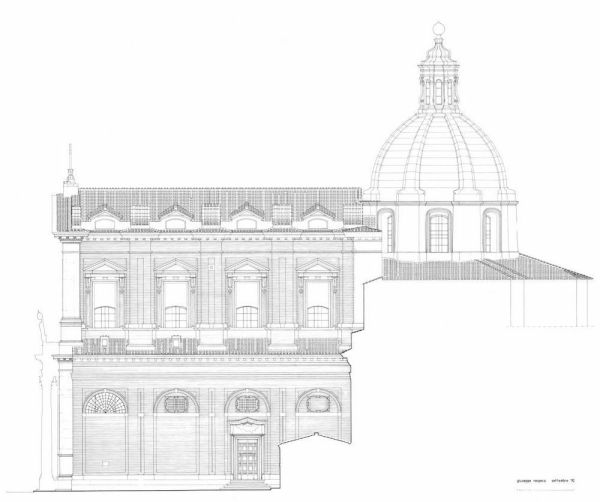Some days I was in a bar. There were some young people talking about their daily problems, when at a certain point the issue of envy came up.
The discussion on this topic was also taken up by the people who were there and someone joking or not (who knows) expressed: but how do you remove it?
I was reminded of old magical and superstitious practices from when I was a child. Or of all those times I have heard people say in the face of a failure or unfavourable situation: 'I must go and have envy removed'. And not only from simple people, but also from people with a certain degree of culture. As already argued in previous articles, even the man of science has his irrational side.
In the Treccani dictionary under envy we read: 'An unpleasant feeling for a good or quality of others that one would like for oneself, often accompanied by aversion and resentment for the one who possesses it instead'.
It is a feeling we all have and which we refuse to acknowledge because it is often something we are ashamed of. We often believe that this feeling has occult powers and therefore believe that pseudo-magical practices can free us. Nothing could be more illusory.
Melanie Klein wrote the book 'Envy and Gratitude' where she addresses this issue.
This author investigated in depth the first relationship the child has with the mother's breast and then with the mother when it manages to perceive her as a total object. A primary relationship that can also be difficult due to maternal causes: non-acceptance of the baby, difficulties in childbirth, or reluctance to breastfeed.
But there are also causes that can arise from the baby, and among these is envy, which prevents a good relationship with the breast.
The baby may feel a great deal of anger towards the breast, whether it is perceived as good, i.e. that it satisfies him, or as bad - because it does not satisfy his needs and generates envy because it possesses something he does not have.
And so the infant tries to harm him as he can, by putting his naughty bits in (spitting, urinating, biting, etc.).
In a person a strong presence of envy can damage his way of life, and his relations with others; not because of external causes, but because he cannot understand the good object.
He feels that he has ruined it and made it bad.
He cannot feel its good feelings, and this increases his envy and hatred.
In contrast, the child who is more able to feel love and gratitude for the gift he has received, experiences the good object more.
Consequently, gaining confidence in his own goodness, he will overcome envy and hatred more easily.
The person suffering from envy can hardly enjoy the joys of life, because the relationship with the mother and then with any other object of love is damaged.
Positive feelings encourage the child to keep the milk received as good.
Experiencing gratitude is the basis of pleasure, and later he will be able to establish satisfying relationships, because destructive desires are diminished: his anxieties will be less.
Envy does not make us live well, for the simple reason that it goes against life - and the outside world becomes our enemy.
Or it makes us live a 'breast' that is too idealised or too bad.
A person with a good capacity to love can love the 'object' while seeing its limitations.
One positive thing that envy can operate in us is the possibility of improving ourselves.
Often, for those who seek help from a professional, among the various issues that the person brings to analysis, this problem must be addressed.
If the analyst is well aware of these destructive parts, he will be able to lead the person in front of him to recognise the negative parts, and to mitigate them with love and positive feelings.
The well-adjusted person will bear his or her own feelings of guilt better, and will not need to see them on others. .
Very often it is difficult to bear ourselves.
Francesco Giovannozzi Psychologist - Psychotherapist.












